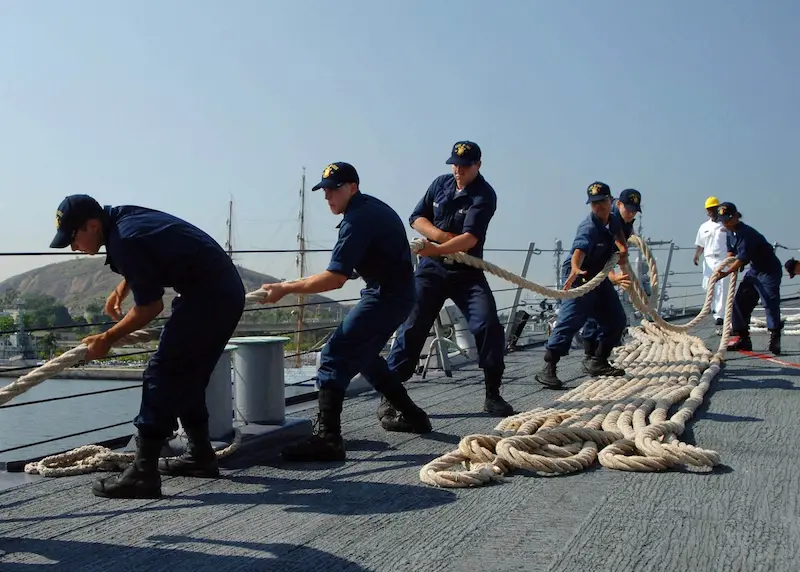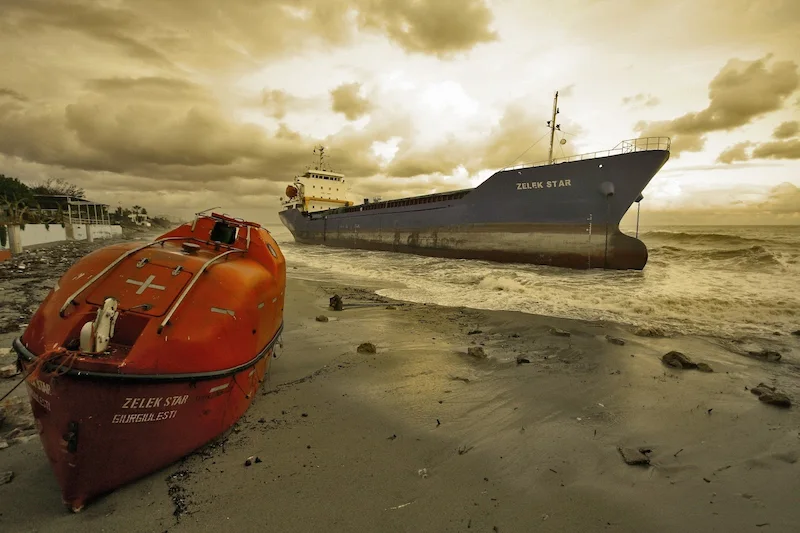Table of Contents
Effective crew management is the backbone of the maritime industry. Ensuring that vessels operate smoothly requires meticulous coordination of personnel, adherence to regulations, and maintaining high morale among the crew. However, managing maritime crews comes with its unique set of challenges. This blog post explores the key obstacles faced in maritime crew management and provides actionable solutions to overcome them.
Recruitment and Retention
The maritime industry often struggles with high turnover rates due to the demanding nature of the job, extended periods away from home, and sometimes, inadequate compensation packages. To address this, companies can implement strategies that make positions more attractive. For instance, utilizing an advanced crew management system can streamline the recruitment process by matching the right candidates with suitable positions efficiently. Additionally, offering competitive salaries, career development opportunities, and creating a supportive work environment can significantly improve retention rates. Concentrating on these areas enables maritime organizations to cultivate a stable and experienced workforce.
Compliance with International Regulations
Maritime operations are governed by a complex web of international regulations and standards. Ensuring compliance with these rules is essential to avoid legal penalties and ensure the safety of the crew and vessel. Regulations cover various aspects, including safety protocols, environmental standards, and labor laws. Maritime companies must stay updated with changes in regulations and implement necessary adjustments promptly. Investing in regular training programs and employing compliance officers can help maintain adherence to these standards. Moreover, leveraging technology to monitor and document compliance activities can simplify the process and reduce the risk of oversight.
Communication Barriers
Effective communication is vital for the smooth operation of any maritime vessel. However, communication barriers often arise due to language differences, cultural diversity, and varying levels of education among crew members. Misunderstandings can lead to operational errors, reduced efficiency, and even safety hazards. To mitigate these issues, companies should invest in language training programs and foster an inclusive culture that respects and understands cultural differences. Implementing standardized communication protocols and using clear, concise language can also enhance mutual understanding. Also, utilizing communication tools and technologies that bridge language gaps can facilitate better interactions among the crew.
Training and Development

Continuous training and professional development are critical for maintaining a competent and skilled maritime workforce. The industry is constantly evolving with new technologies, safety procedures, and regulatory requirements. Ensuring that crew members receive up-to-date training is essential for operational efficiency and safety. Maritime companies should establish comprehensive training programs that cover both technical skills and soft skills such as leadership and teamwork. Encouraging crew members to pursue further education and certifications can also enhance their capabilities and job satisfaction. Prioritizing training and development benefits the individual crew members and contributes to the overall success of the company.
Crew Well-being and Mental Health
The demanding nature of maritime work, with long periods away from home and high-stress environments, can significantly impact crew members’ mental health and well-being. Extended isolation at sea, combined with job pressures, can increase feelings of loneliness and anxiety. Addressing these issues is crucial for maintaining a healthy workforce. Companies should offer support systems, such as access to counseling services and mental health resources like stress management workshops. Regular check-ins can monitor the crew’s mental state for timely interventions. Building a supportive community onboard is vital and can be achieved through team-building activities that foster camaraderie. Encouraging open communication allows crew members to express concerns and seek support. Ensuring adequate rest and reasonable work schedules contributes to maintaining mental and physical health, while leisure activities during downtime help the crew recharge and return to duties with renewed energy.
Scheduling and Work-life Balance
Balancing work schedules with personal life is a persistent challenge in maritime crew management. Long shifts, irregular hours, and extended deployments can severely disrupt personal lives and lead to burnout, affecting both physical and mental health. Crew members often miss important family events, holidays, and milestones due to their demanding work commitments. To improve work-life balance, companies can adopt flexible scheduling practices that allow crew members to have more control over their time. This may include options for shorter voyages or the ability to swap assignments with colleagues. Implementing fair rotation systems that minimize prolonged periods away from home and ensure adequate time off between assignments can also help improve crew well-being and productivity. These systems allow crew members to spend more quality time with their families and recharge and foster a sense of fairness and mutual respect within the team.
Technological Integration
The integration of new technologies in maritime operations presents both opportunities and challenges for crew management. While technological advancements can improve efficiency and safety, they also require crew members to acquire new skills and adapt to changing workflows. Resistance to change and the learning curve associated with new technologies can hinder their successful implementation. To overcome these challenges, maritime companies should provide comprehensive training and support during the transition to new systems. Involving crew members in the decision-making process and addressing their concerns can also facilitate smoother adoption. Selecting user-friendly technologies that align with the crew’s existing workflows can enhance acceptance and utilization. Embracing technological integration with a focus on training and support can lead to significant improvements in maritime operations.
Ensuring Safety and Security
Safety and security are paramount in maritime operations, given the inherent risks associated with sea voyages. Managing these aspects involves adhering to safety protocols and preparing for potential security threats, such as piracy or cyber-attacks. Effective safety management requires regular drills, maintenance of safety equipment, and fostering a culture of safety among the crew. Security measures should include comprehensive risk assessments, implementation of security protocols, and training of crew members to respond to emergencies. Staying informed about potential threats and collaborating with international maritime security organizations can enhance the vessel’s security posture.
Maritime crew management is a multifaceted challenge that requires careful consideration of various factors, from recruitment and compliance to communication and technological integration. By addressing these key challenges with strategic solutions such as advanced crew management systems, comprehensive training programs, and a focus on crew well-being, maritime organizations can build a resilient and efficient workforce. Ensuring effective management enhances operational efficiency and safety and contributes to the overall success and sustainability of maritime operations.
Want to explore something different? Immediate Steps to Take If You Suffer an Injury on a Construction Site

